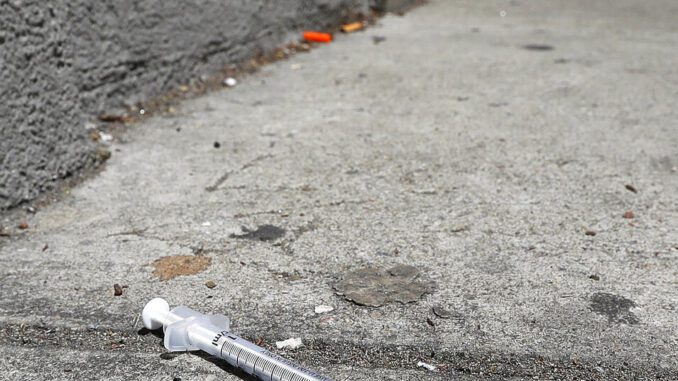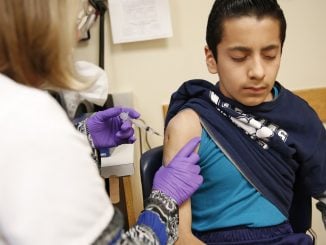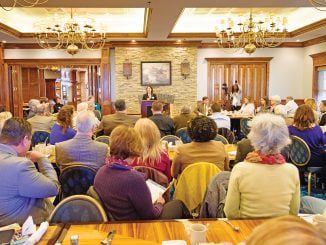
RALEIGH — The Biden administration’s support of government programs to give “safer” options for drug users was met with renewed backlash when news reports shed light on the matter.
Last week, the Washington Free Beacon reported that the U.S. Department of Health and Human Services (HHS) was set to spend $30 million on a “harm reduction” grant program that would reimburse local governments that provide “smoking kits” for users of crack cocaine and other illicit substances.
Following that report, one of the most controversial aspects of the plan was apparently dropped – the inclusion of glass pipes in the kits.
The story caught the attention of Republican U.S. Rep. Dan Bishop (NC-09), who, along with U.S. Rep. Lauren Boebert (CO-03), planned to introduce the HUNTER Act in the U.S. House of Representatives.
The HUNTER Act, which stands for the Halting the Use of Narcotics Through Effective Recovery Act, is named after President Joe Biden’s son Hunter Biden, who has admitted to prolific drug use throughout his life.
“Congressman Bishop and I are standing up and saying, heck no,” Boebert said in a Feb. 11 interview with Fox News. “Our tax dollars should not be funding the death and destruction of crack addicts. Democrats are always putting the American taxpayer last, and Republicans just want to give people in need a good job. Democrats want to give them crack pipes.”
One critic of the federal government’s program is Republican Lt. Gov. Mark Robinson, who told North State Journal the Biden administration’s “Harm Reduction Program” is sure to cause more harm than good.
“That the federal government wants to aid and enable drug users is baffling. President Biden continues to show a lack of support for our law enforcement officials with this program, who risk their lives every day to keep deadly drugs off our streets,” said Robinson.
“While North Carolina struggles with the loss of almost 4,000 of its citizens to drug overdose deaths in 2021, President Biden’s answer to this crisis is to facilitate an increase in the demand for dangerous drugs by giving out taxpayer-funded crack pipes and needles,” Robinson said. “Meanwhile, the complete failure of his Administration to secure our southern border invites murderous cartels to increase the supply.”
Robinson went on to say that “This combination results in more deadly poison flowing into our communities and more dead North Carolinians. We can do better.”
In North Carolina, a 2016 law created hypodermic syringe and needle exchange programs.
According to the N.C. Department of Health and Human Services, any governmental or nongovernmental organization “that promotes scientifically proven ways of mitigating health risks associated with drug use and other high-risk behaviors” can start a syringe exchange program. The law does not allow the Division of Public Health or NCDHHS to operate syringe exchanges.
The program allows for the distribution of sterile syringes and new injection supplies at no cost and in sufficient quantities to prevent sharing or reusing, detailed plans provided to local police and/or sheriff’s departments within whose jurisdictions they operate, and educational materials.
The organizations providing syringe exchanges must also register with the Department of Public Health and submit annual reports.
Currently, there are 42 programs in operation across the state. In a 2020-21 annual report, the program served 26,596 unique individuals, an increase of 73% from the last report.
In a step beyond syringe exchanges and harm reduction, the U.S. Department of Justice appears poised to allow the opening of safe injection sites.
The department, which in the last year of the Trump administration argued against the opening of the sites, which serve as safe havens for people to use heroin and other narcotics, said it is “evaluating” such facilities and talking to regulators about “appropriate guardrails.”
Such sites exist in Canada, Australia and Europe and have been discussed for years in New York and some other U.S. cities and states. New York opened two facilities in late November 2021, The Associated Press reported.



